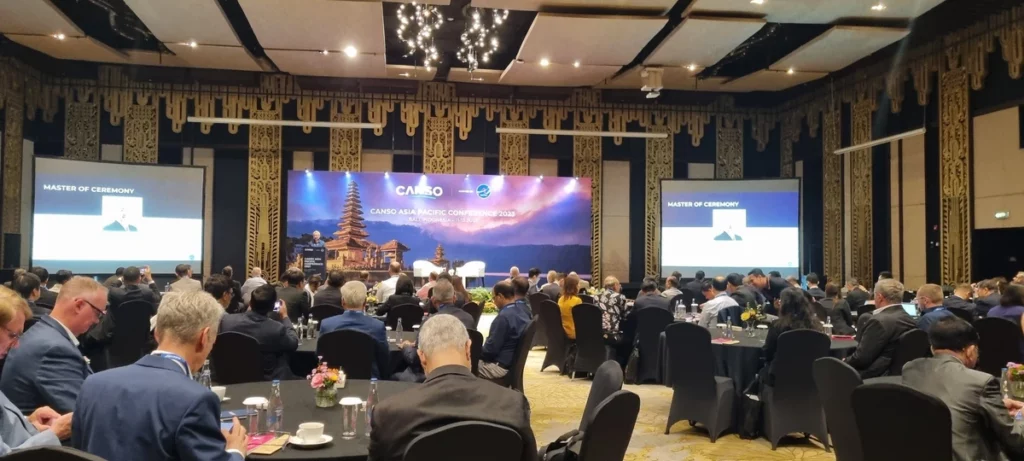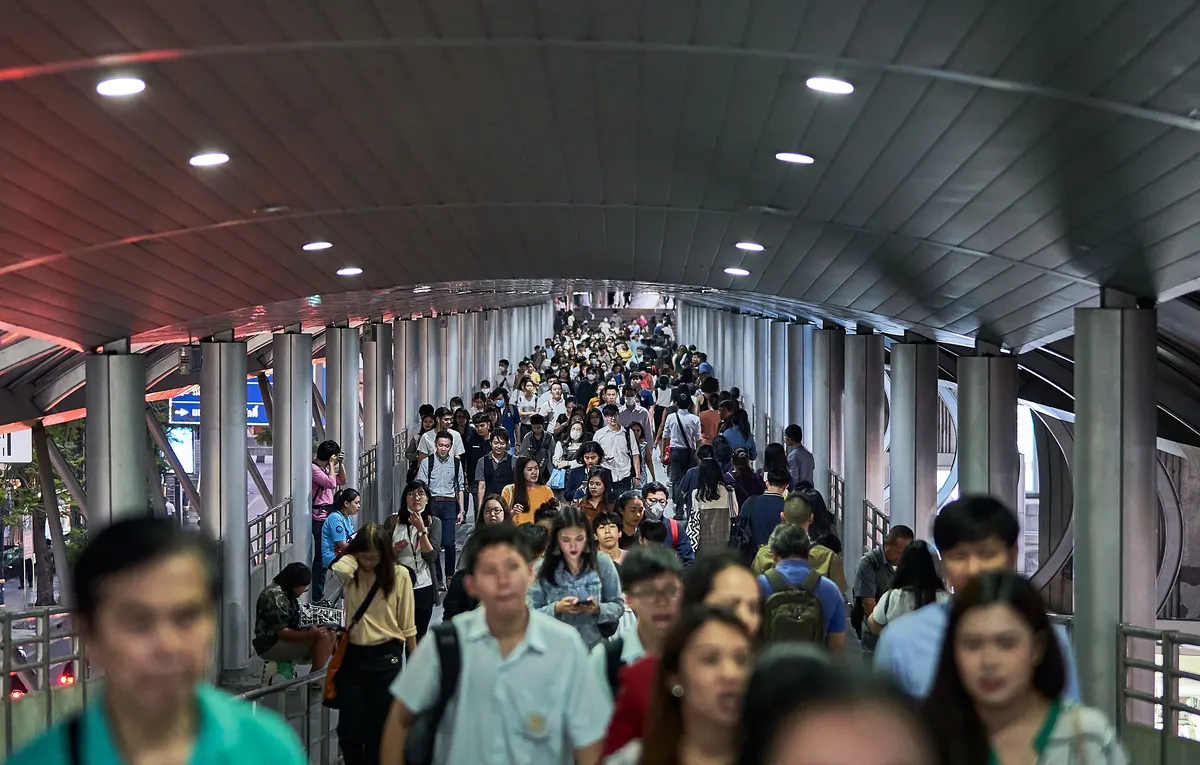The aviation industry is undergoing a far swifter recovery than anticipated – an increase that has defied initial projections of the post-Covid world.
That’s the word from Richard Thompson, Executive Director Radiola, following attendance at the CANSO Asia-Pacific Conference held in Bali, Indonesia, during July 2023.
“More people are travelling for work and leisure than before, resulting in an unprecedented number of aircraft in the air. It’s exciting for global aviation.”
Richard says however that this resurgence is putting significant strain and pressure on critical areas, such as air traffic management – with labour shortages right through the sector.
“The key to overcoming these challenges is regenerating and, in some cases, increasing capacity,” says Richard. “It’s imperative for companies worldwide to invest extensively in a spectrum of ground and airside capabilities, to ensure the safe continuation of services while implementing technology upgrades.”
Simultaneously, innovative technologies are coming onboard to increase efficiencies and help an industry grappling with climate change initiatives, fuel efficiencies and newer air routes. Agile and well-resourced companies such as Radiola, are working hard to meet these increasing demands.
“We’re committed to the future of air traffic management. We’re happy to share our knowledge and expertise, and work collaboratively in this changing environment.”
Richard says the conference brought together leaders in the air traffic management (ATM) sector from Asia Pacific and beyond.

“It was great to be involved in discussions and conversations around shaping the ATM landscape within the Asia-Pacific region.”
This year, the central theme at the conference was the significance of collaboration and its potential to strengthen the ATM framework across the Asia-Pacific by pooling resources.
“Two decades ago, airspace was very competitive, as neighbouring countries vied for dominance,” says Richard.
“But today, the focus is on collaboration and mutual assistance, particularly benefitting developing countries who lack the means to implement new technologies.”

